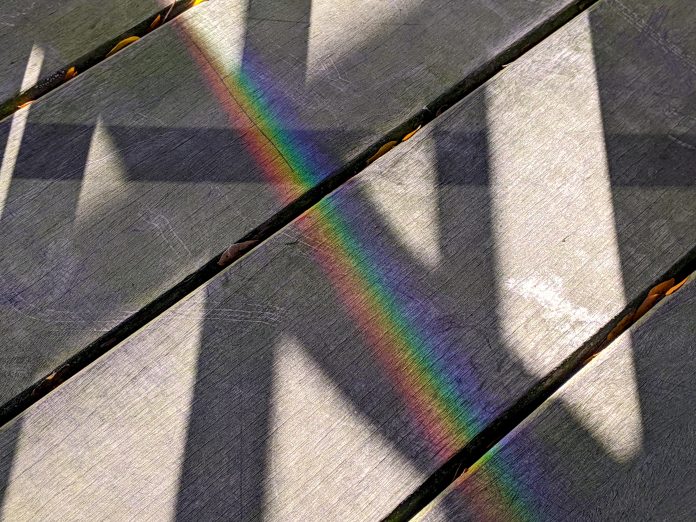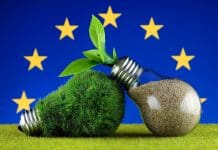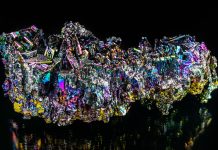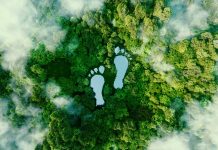Yale university researchers call for a more inclusive environmental justice movement for the LGBTQ+ community
According to research, discrimination within LGBTQ+ community research disproportionately at risk to environmental exposure. Researchers at Yale have been exploring how these challenges intersect with issues of public health.
In a recent paper published in the American Journal of Public Health, Michelle Bell, Mary E. Pinchot Professor of Environmental Health at Yale, and Leo Goldsmith, who worked in Bell’s lab while at YSE, examine the unequal environmental burden that the LGBTQ+ community faces and the ways in which the environmental justice movement can be more inclusive.
“The LGBTQ+ population is at more risk to environmental challenges because, just like many other marginalised populations, they face social, economic, and health inequities and disparities,” said Goldsmith.
“The resilience of LGBTQ+ populations can also be affected as they are less likely to be able to access necessary resources, aid, and health care due to structural policies.”
According to research those part of the LGBTQ+ community are disproportionately affected by environmental exposures such as pollution and air quality.
Goldsmith reports that more than 1 in 3 LGBTQ+ Americans faced discrimination of some kind during 2020, including more than 3 in 5 transgender Americans.
Drawing attention to a lack of research
According to the Yale research, this discrimination reduces capacity to respond to environmental harm. They also reveal that there has been a significant lack of research conducted into this connection.
Finding the connection between environment and health inequalities in LGBTQ+ populations is a key area of research that needs to be explored, for the sake of public health in a changing climate.
There are key demographics that are disproportionately affected by climate change, the LGBTQ+ community being one of them as this research has shown, however other groups such as indigenous communities are also placed in increasing harm and there a number of studies to illustrate this.
Current analyses have suggested that all people are impacted equally by air pollution, but researchers at Carnegie Mellon University (CMU) and the Environmental Defense Fund, found that older Black and Hispanic people are a lot more likely to die prematurely due to air pollution exposure and estimates the mortality impacts of air pollution across different races and ethnicities.
This paper outlines specific recommendations, such as: implementation of a system to collect sexual orientation and gender identity data nationally and locally; anti-discriminatory policies within health care and the federal government.
There has been a start to addressing LGBTQ+ issues within the environmental justice movement with an intersectional environmental justice social media campaign meant to educate those on the issue,” said Goldsmith, who is Latinx and identifies as queer and transgender.
“However, LGBTQ+ populations need to become a focal point of the environmental justice movement and academics to fully capture the impact from environmental injustices and the needs of those who are Black, Latinx, indigenous, low-income, and/or identify as LGBTQ+.”











